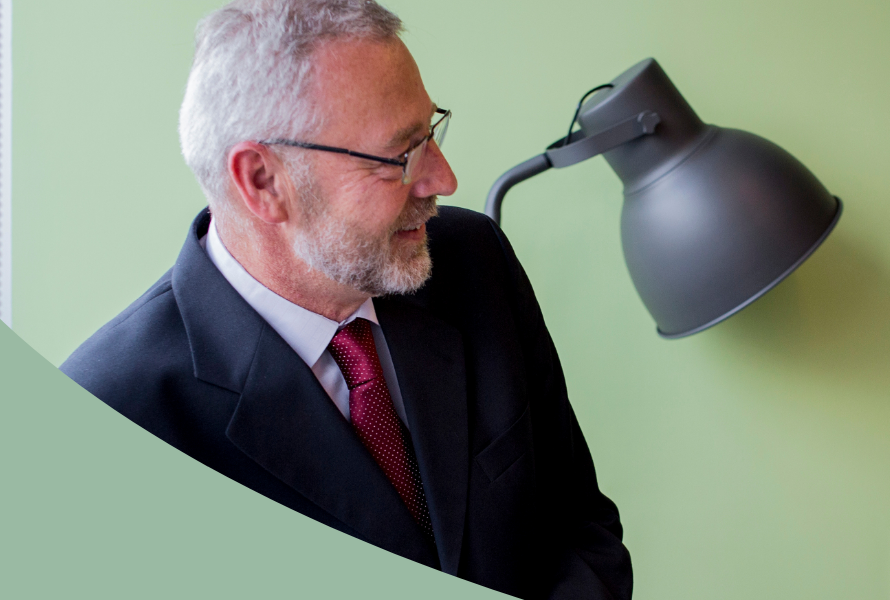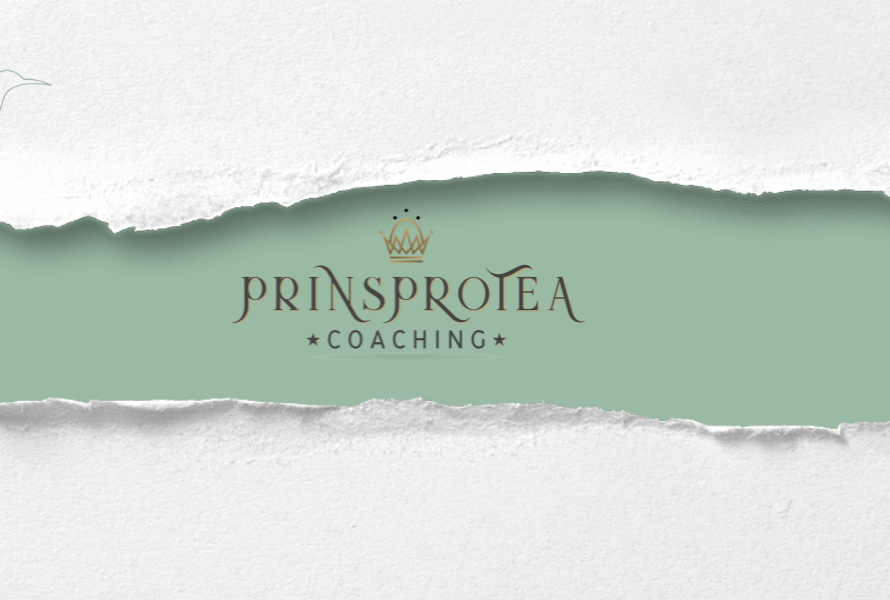In the whirlwind of the modern workplace, particularly here within the United Kingdom ecosystem with its unique blend of tradition and innovation, it’s easy to get swept up in the relentless pursuit of “doing.” We’re constantly striving for the next promotion, the bigger deal, the more efficient process. But what if the most powerful tool for achieving these goals isn’t doing more, but thinking more? As an executive coach based in the UK, I’ve seen firsthand the transformative impact of reflection on leadership and professional growth.
Beyond the To-Do List: Making Time for Reflection
How often do you truly pause to reflect on your actions, decisions, and experiences? For many executives, the answer is “not often enough.” Reflection isn’t about navel-gazing or dwelling on past mistakes. It’s a strategic practice, a deliberate process of examining your experiences to gain insights, identify patterns, and refine your approach.
Think of it like this: you wouldn’t embark on a cross-country drive without consulting a map or GPS, would you? Reflection serves as your internal GPS, helping you navigate the complexities of your career and leadership journey.
Reflection in a Fast-Paced Environment
The United Kingdom business landscape is known for its dynamism and competitive spirit. From the bustling financial districts of London to the thriving tech hubs of Cambridge and Manchester, professionals are constantly under pressure to perform. This makes carving out time for reflection even more crucial. However, culture bias or background can sometimes discourage introspection. It’s important to recognise that reflection isn’t a sign of weakness; it’s a sign of strength, demonstrating self-awareness and a commitment to continuous improvement.
Practical Steps to Cultivate Reflection
So, how can you integrate reflection into your busy schedule? Here are a few practical tips:
- Schedule it: Treat reflection like any other important meeting. Block out 30-60 minutes each week for dedicated reflection time.
- Find your space: Choose a quiet environment where you can think without distractions. This could be your office, a park, or even a coffee shop.
- Ask powerful questions: Don’t just passively think. Guide your reflection with specific questions, such as:
- What went well this week, and why?
- What challenges did I face, and how did I overcome them?
- What could I have done differently?
- What did I learn from this experience?
- How can I apply these learnings in the future?
- Journaling: Writing down your thoughts can help you clarify your thinking and identify patterns.
- Seek feedback: Don’t rely solely on your perspective. Solicit feedback from trusted colleagues, mentors, or a coach.
- Embrace discomfort: Reflection can sometimes bring uncomfortable truths to the surface. Embrace this discomfort as an opportunity for growth.
The Benefits of a Reflective Practice
The benefits of incorporating regular reflection into your professional life are significant:
- Improved decision-making: By analysing past decisions, you can identify biases and improve your judgment.
- Enhanced leadership skills: Reflection helps you understand your strengths and weaknesses as a leader, allowing you to develop a more authentic and effective style.
- Increased self-awareness: You’ll gain a deeper understanding of your values, motivations, and behaviours.
- Greater resilience: By learning from your mistakes, you’ll become more resilient in the face of challenges.
- Reduced stress: Reflection can help you gain perspective and manage stress more effectively.
Reflection: An Investment in Your Success
In conclusion, reflection isn’t a luxury; it’s a necessity for executive success in today’s demanding leadership environment. By making time to step back, analyse your experiences, and learn from your mistakes, you can unlock your full potential and achieve your goals. As an executive coach, I am passionate about helping leaders cultivate this reflective edge. If you’re ready to harness the power of reflection, get in touch with me at PrinsProtea – let’s explore how we can work together to propel you forward.






